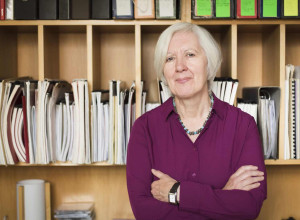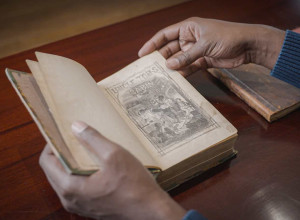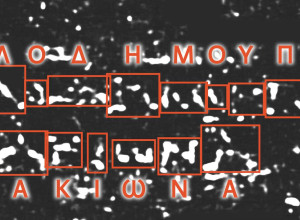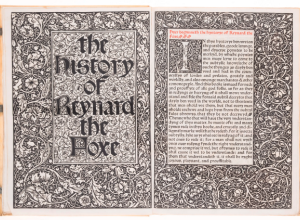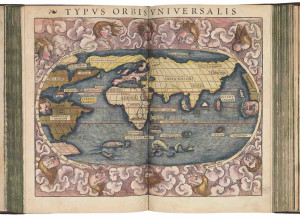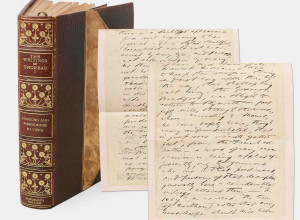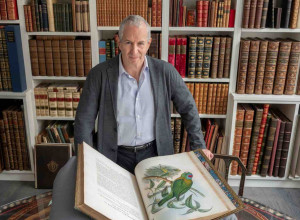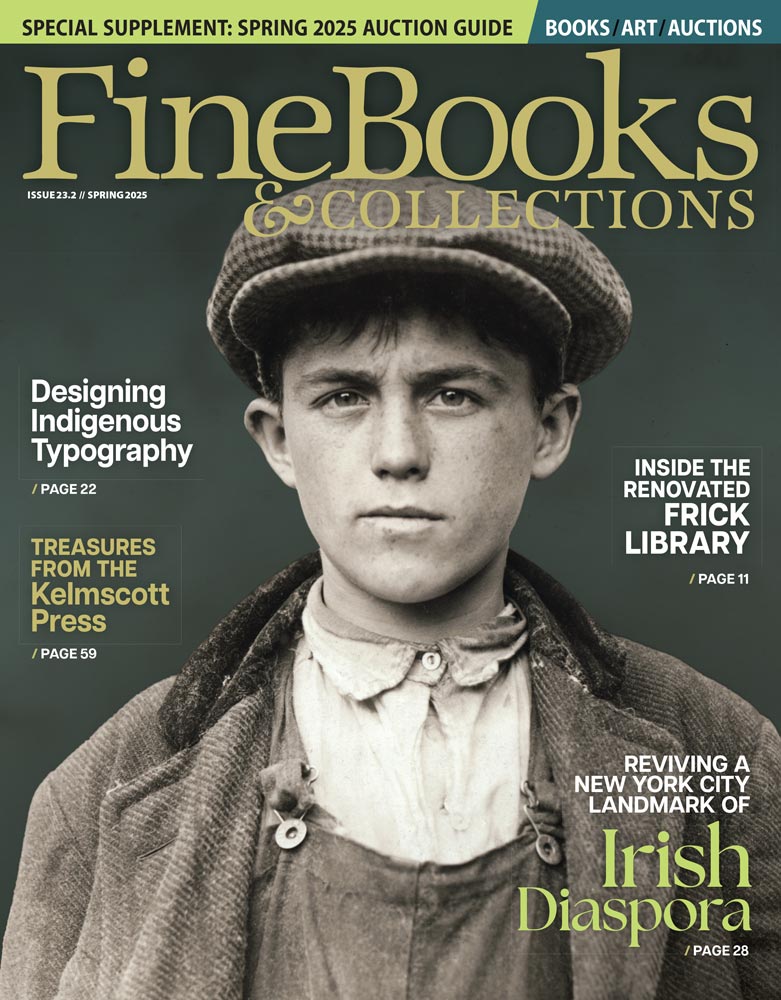First Edition of "Das Kapital" Sets World Record at Bonhams
 A rare presentation first edition of Karl Marx’s seminal work, Das Kapital, inscribed by the author and given to Johann Eccarius, the close friend with whom he fell out and who may have betrayed him, sold at Bonhams Fine Books and Manuscripts sale in London on June 15 for £218,500 ($310,000). It had been estimated at £80,000-120,000. This is a new world record for a copy of Das Kapital at auction.
A rare presentation first edition of Karl Marx’s seminal work, Das Kapital, inscribed by the author and given to Johann Eccarius, the close friend with whom he fell out and who may have betrayed him, sold at Bonhams Fine Books and Manuscripts sale in London on June 15 for £218,500 ($310,000). It had been estimated at £80,000-120,000. This is a new world record for a copy of Das Kapital at auction.
Bonhams senior book specialist Simon Roberts said, “This was a very important copy of one of the world’s most influential books and not surprisingly the bidding was extremely keen - presentation copies are extremely scarce. I suspect the irony that a devastating criticism of capitalism should sell for such a huge sum would have caused Marx a wry smile”.
The copy was signed and dated on 18 September 1867, four days after its publication, and is among the very few presentation copies known to have survived. Das Kapital consists of three volumes but this first part is the only one published during Marx’s lifetime. The others, edited by Friedrich Engels from Marx’s notes, appeared in 1885 and 1894.
Note on Marx and Eccarius
Johann Georg Eccarius (1818-1889) was a German tailor and labour activist who joined the English branch of the League of the Just, a group of German artisans and professionals who had fled from Paris after the failure of the 1839 uprising. In 1846 Marx and Engels, then living in Brussels, were invited to join the League, which was in the process of evolving into the Communist League. The following year they attended its second congress in London when Eccarius and Marx are likely to have met for the first time.
A friendship quickly developed between the two men. Eccarius became one of Marx’s strongest supporters. In 1848 he was elected as member of the new three-man Central Committee of the Communist League and year later he co-opted Marx onto the same Committee. Marx, in turn, encouraged Eccarius in his journalistic ambitions and, with great tact, provided financial assistance after his friend lost his tailoring job through illness. At one point Marx even pawned his wife’s coat to raise money to help Eccarius when the tailor suffered a bout of consumption. Marx once described Eccarius as one of ‘my oldest friends and adherents” and chose him as one of the handful of people to be shown extracts from Das Kapital as it neared completion.
In 1864 Eccarius attended the first meeting of the International Workingmen's Association, the First International, and in the year Das Kapital was published, he became the organisation's General Secretary, a position he held until 1871.
In the early 1870s the relationship began to sour. Eccarius had moved close to English associations such as the Land and Labour League which Marx regarded as peripheral. Marx accused Eccarius of abusing his position, in particular of claiming credit in newspaper articles for some of his - Marx’s - ideas. Attempts at reconciliation failed and in 1872 Eccarius resigned from the First International. The two men parted on bad terms in a personal rift which mirrored the deep ideological divisions within the movement. Marx’s reaction was savage, describing his former friend as “a scoundrel pure and simple - canaille even.” In Engel’s view Eccarius was “truly wretched…a traitor (who) turned the International into his milk cow.’
Eccarius spent the rest of his life working with the British labour movement in much less prominent roles. When the Imperial archives were opened in 1918, allegations surfaced that by 1872 he had become a paid police informer, supplying briefings on the International to the authorities in Vienna, but these have never been substantiated.
Frances Wheen wrote about this lot for the summer edition of the Bonhams magazine. The article can be read here.







